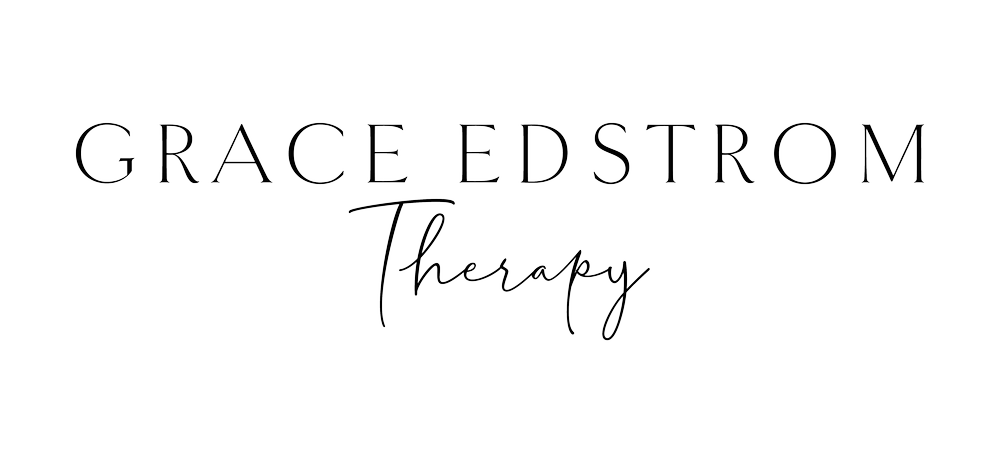If you’ve grown up in the US, chances are you’ve digested—both explicitly and implicitly—societal messages that reinforce the nationwide value of prioritizing yourself. With our cultural motto reminding us that with enough hard work anyone can be successful, we are taught from very young ages the importance of bettering ourselves and taking great measures to achieve our highest potential. It’s not rare in this country for individuals to be encouraged to leave their friends and family and travel thousands of miles in pursuit of the best job or education. In fact, the concept of making tough choices or even sacrificing a romantic relationship is sometimes revered as the “price we pay” to achieve our goals, or to follow our dreams.
So, how do these messages impact romantic relationships?
Well, aside from the big picture issue of a booming divorce rate, I’d dare to suggest that traces of these cultural messages infiltrate almost every relationship out there. If you’ve grown up being encouraged to put yourself first, the concept of prioritizing your partner above anything else would feel unnatural or even countercultural. From this same perspective, it makes sense that relationships would end when one person feels that they are becoming too tangled up in their partner’s life and are losing sight of their own.
How would you feel if you knew that prioritizing your relationship or putting your partner first would not only enhance the quality of your bond, but would actually strengthen your individuality? While our cultural messages may suggest this to be impossible, there is a strong trend of research in the field demonstrating that a key indicator to a healthy, thriving life is in fact a healthy, thriving relationship. Dr. Sue Johnson asserts that having a secure, stable, and loving bond to another person doesn’t draw someone away from his or her uniqueness; instead it provides the secure base from which to flourish as a secure, autonomous and confident individual.
Ultimately, if we are able to toss aside the idea of “every man for himself” and replace that with a dedication to deep connection, we will likely find that it’s actually quite simple… when we invest in our relationship, we invest in ourselves.
Grace Stein, LSW

